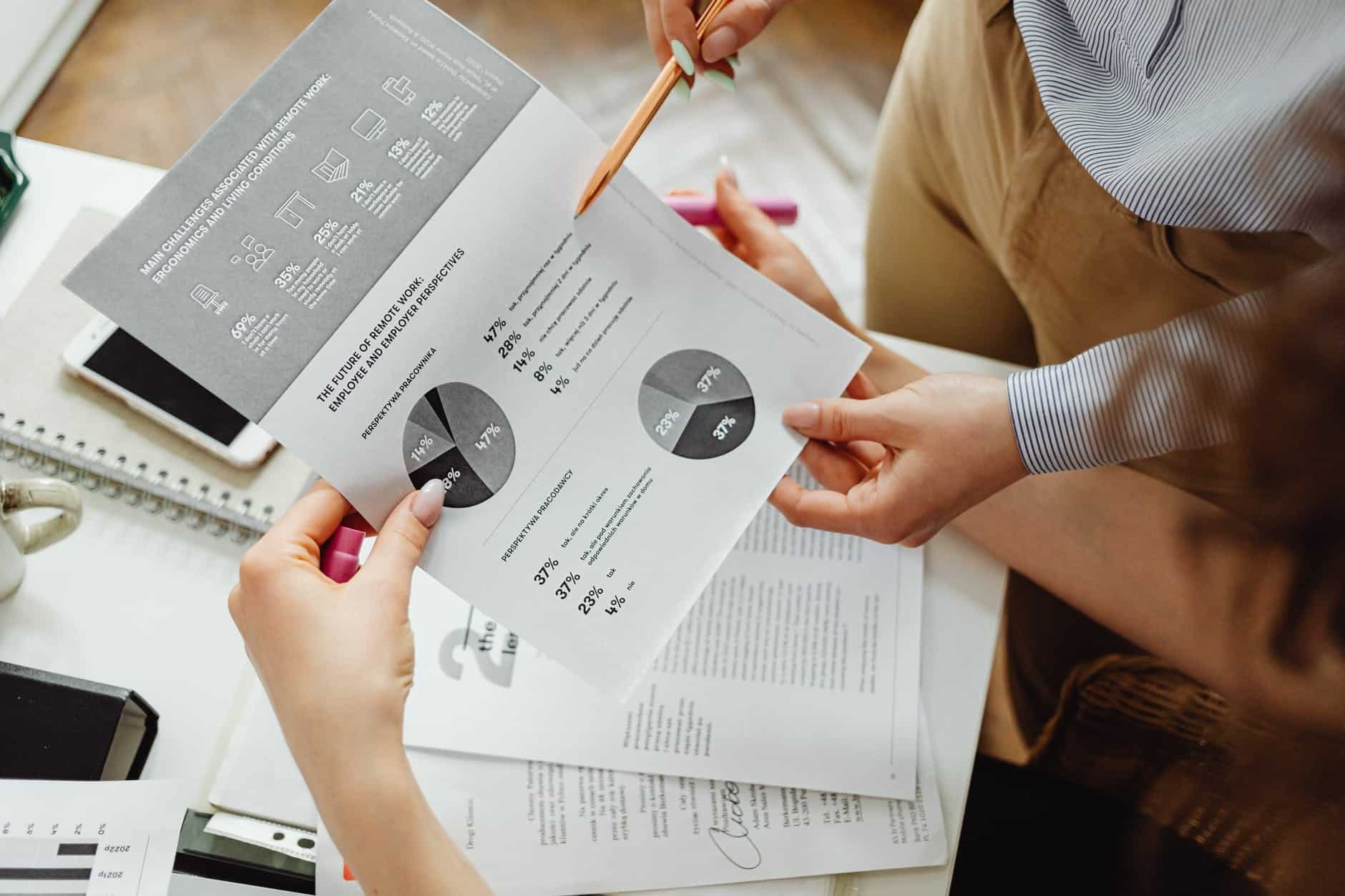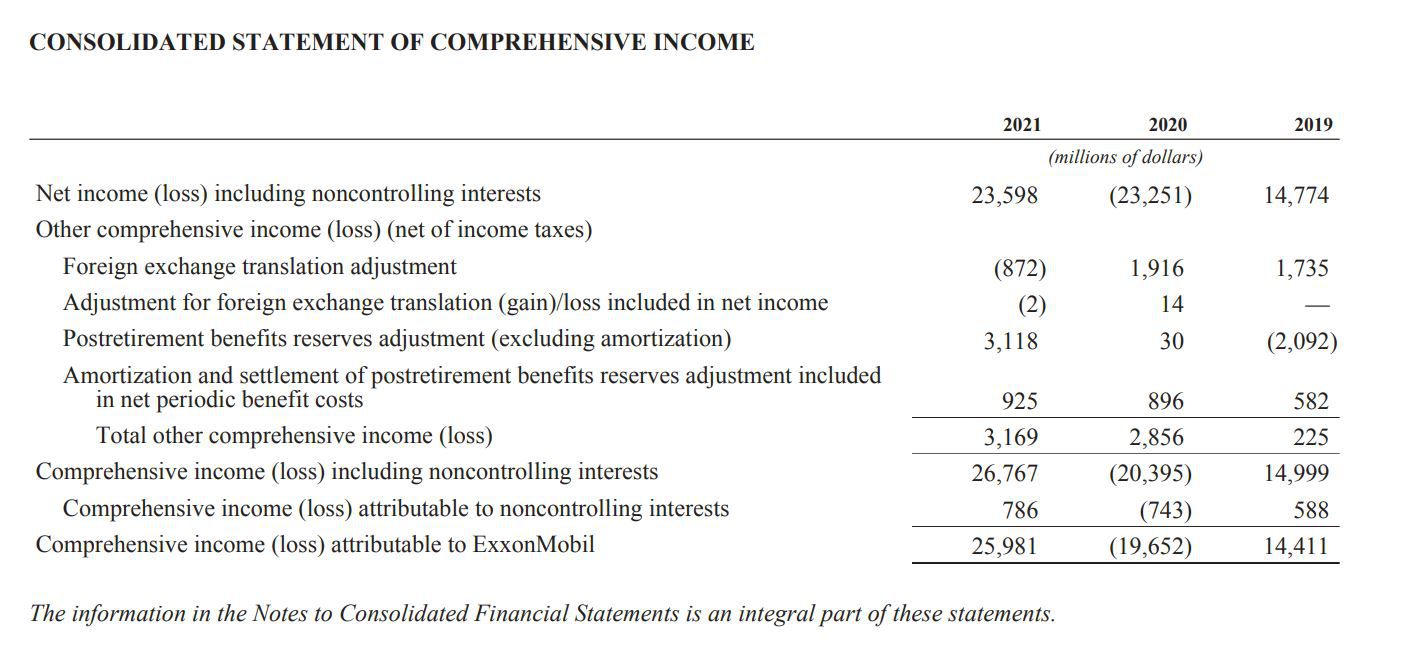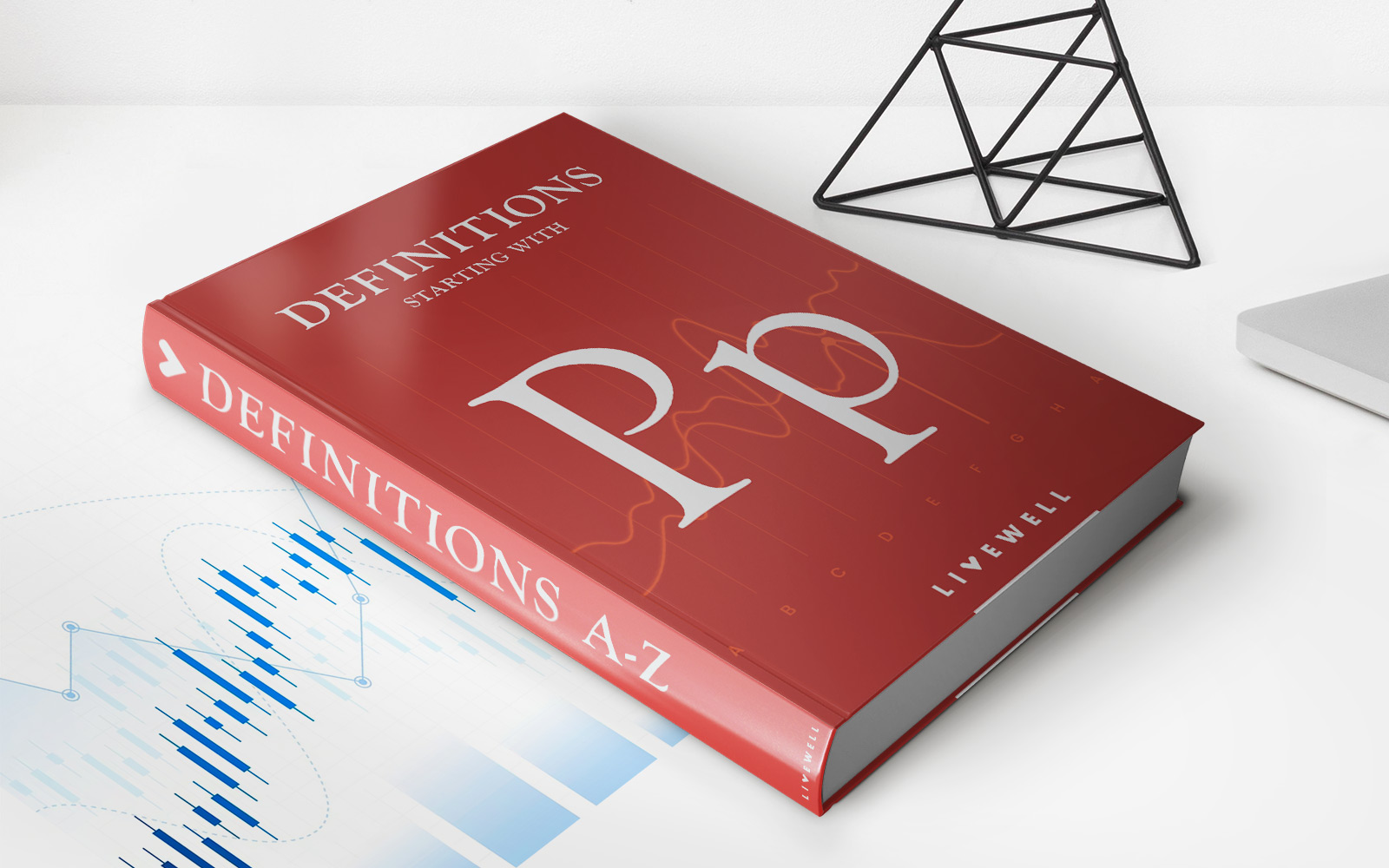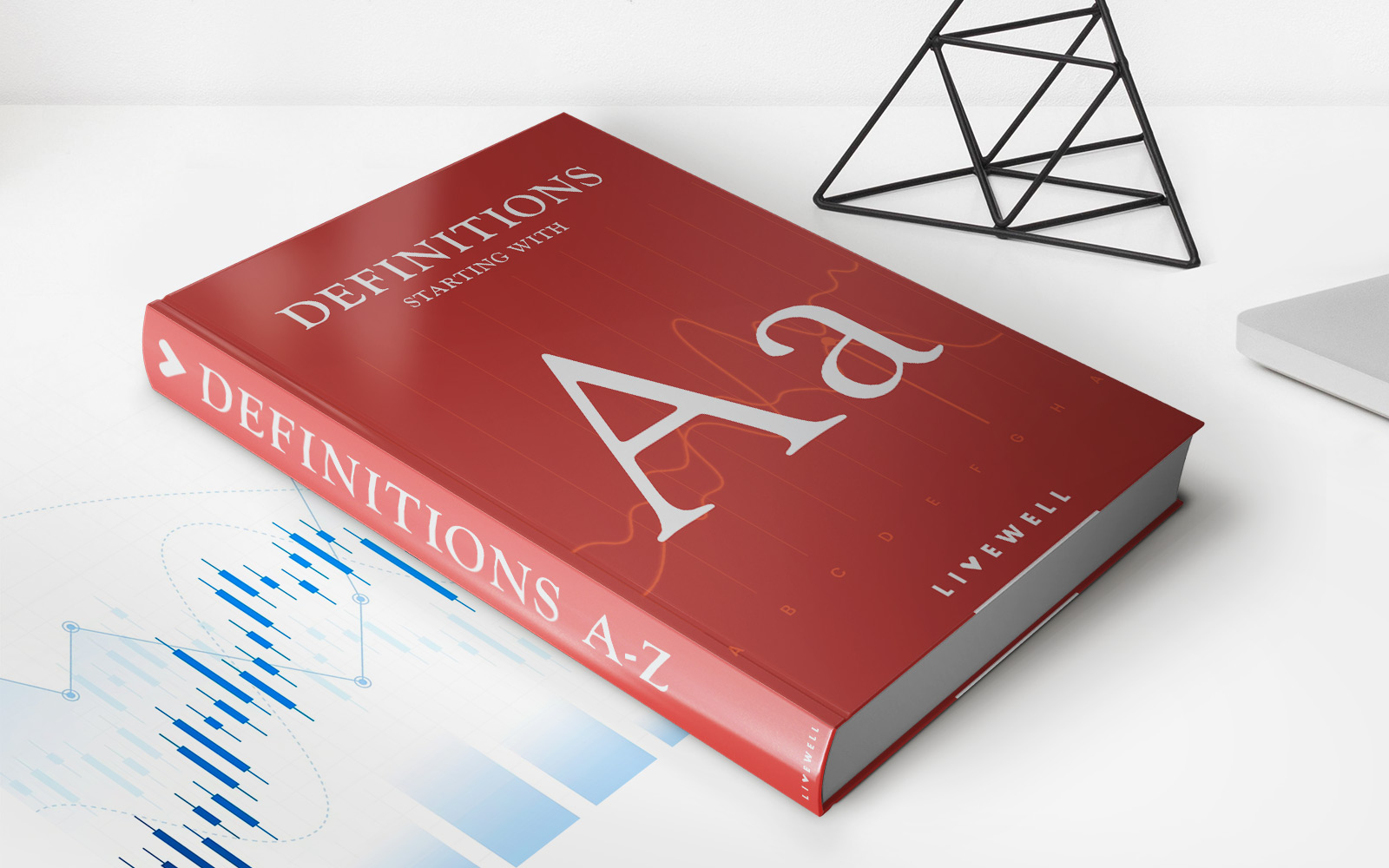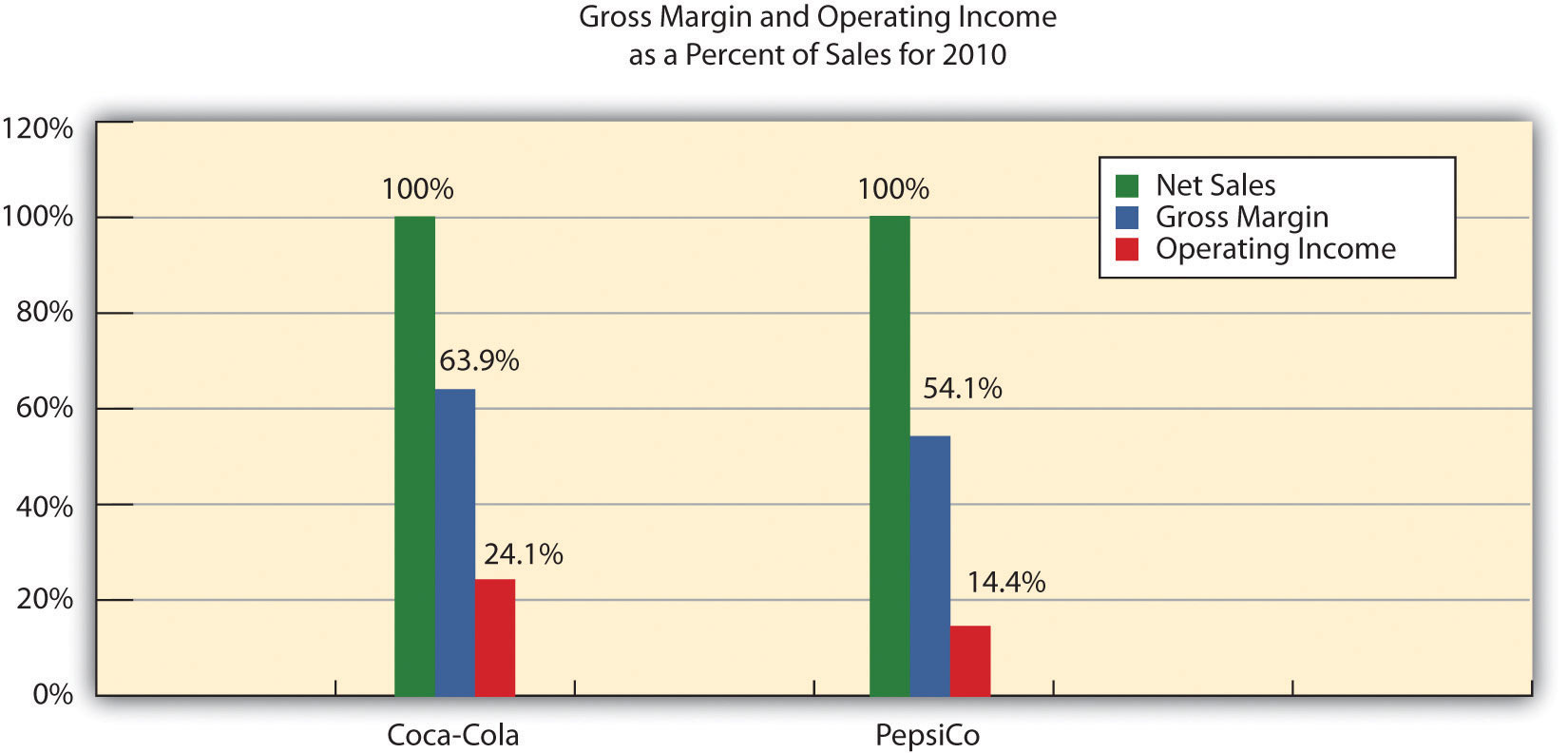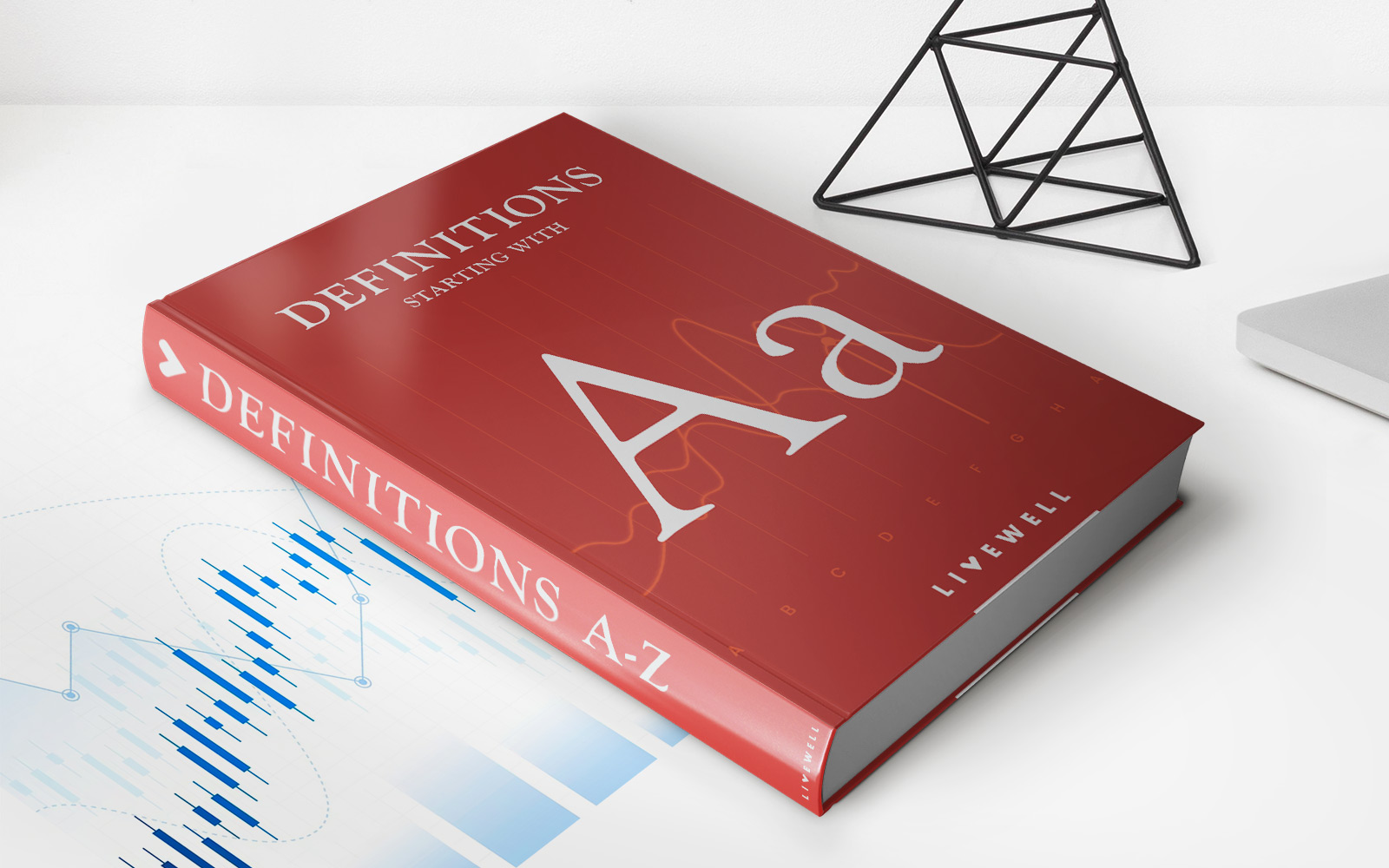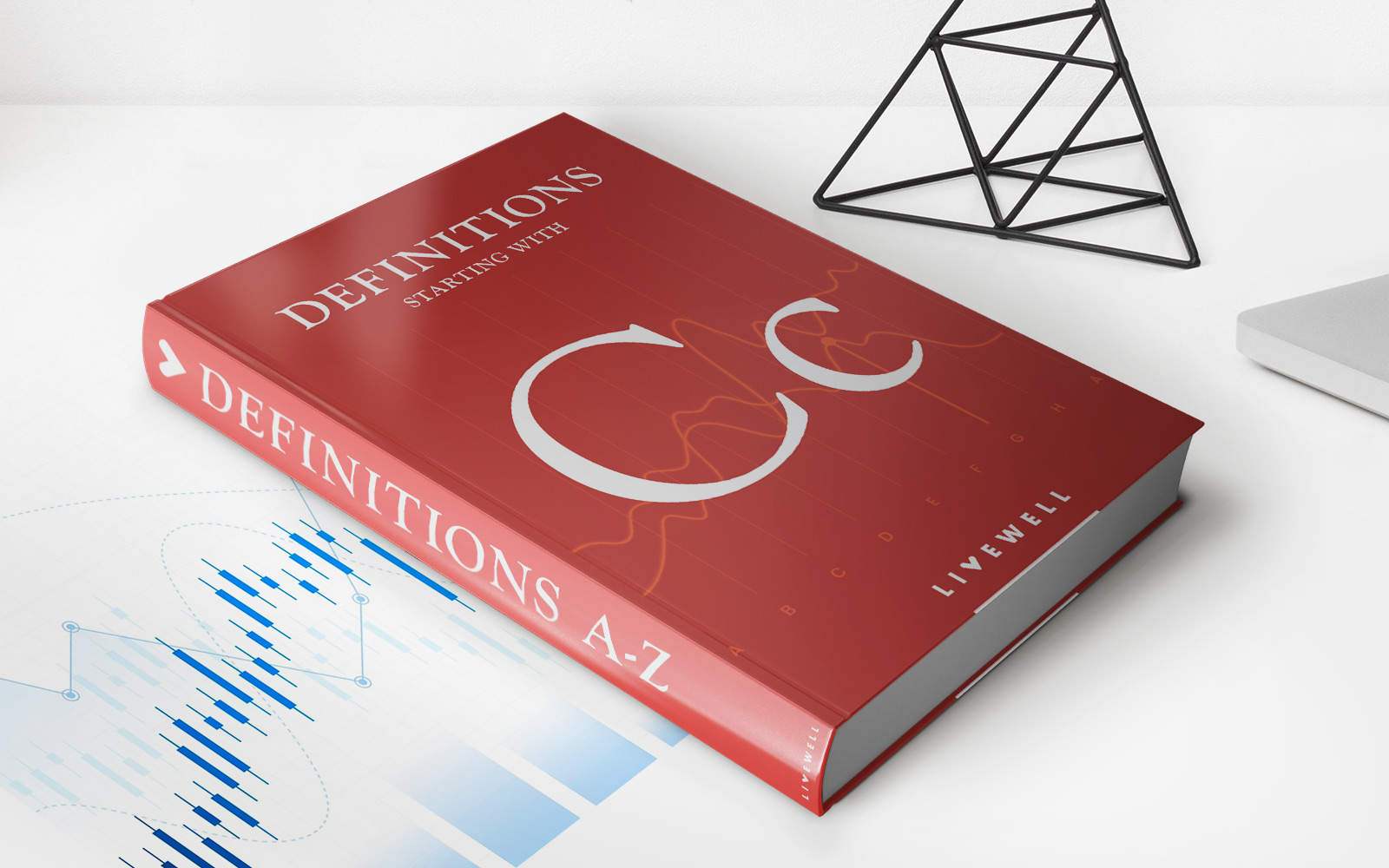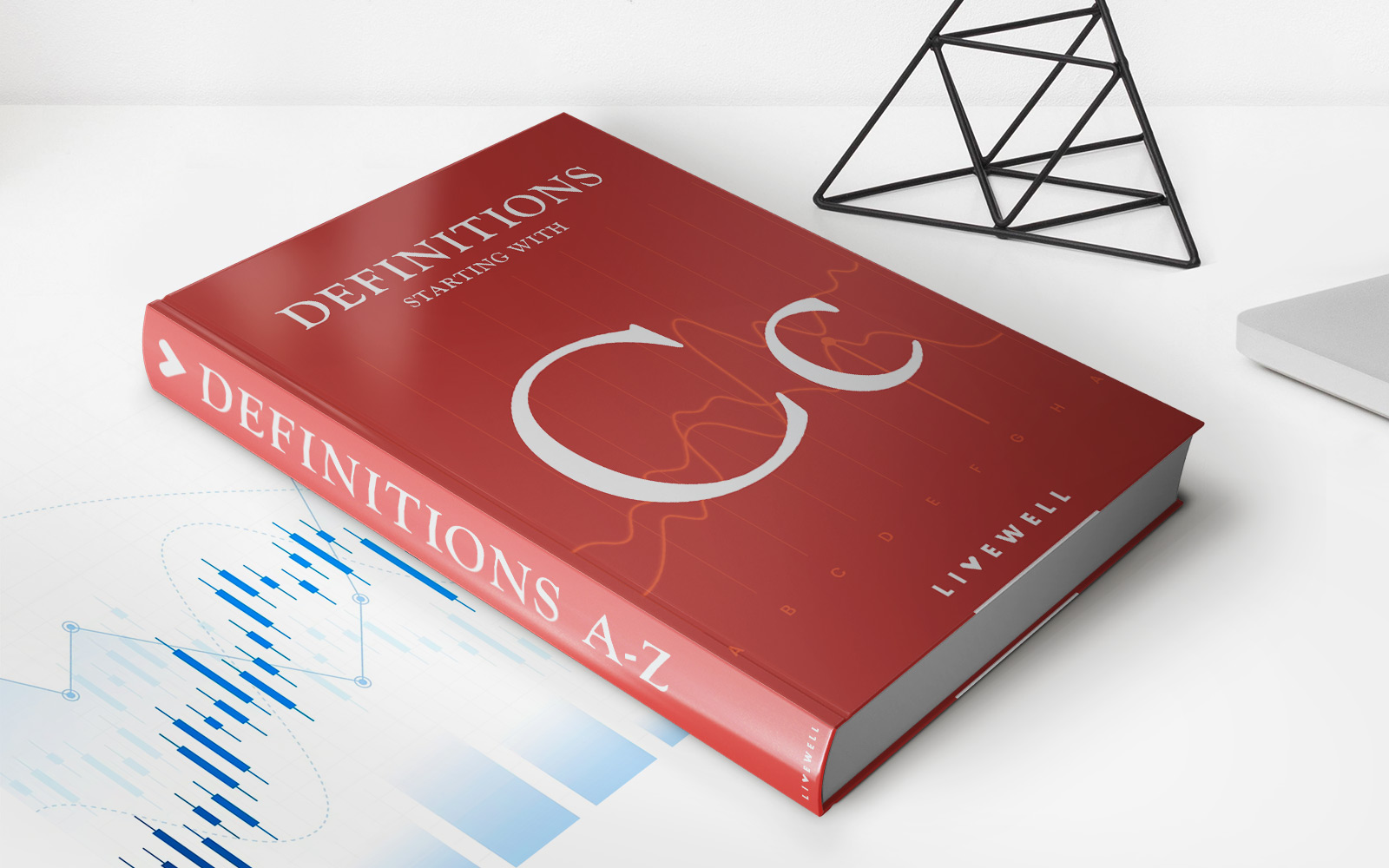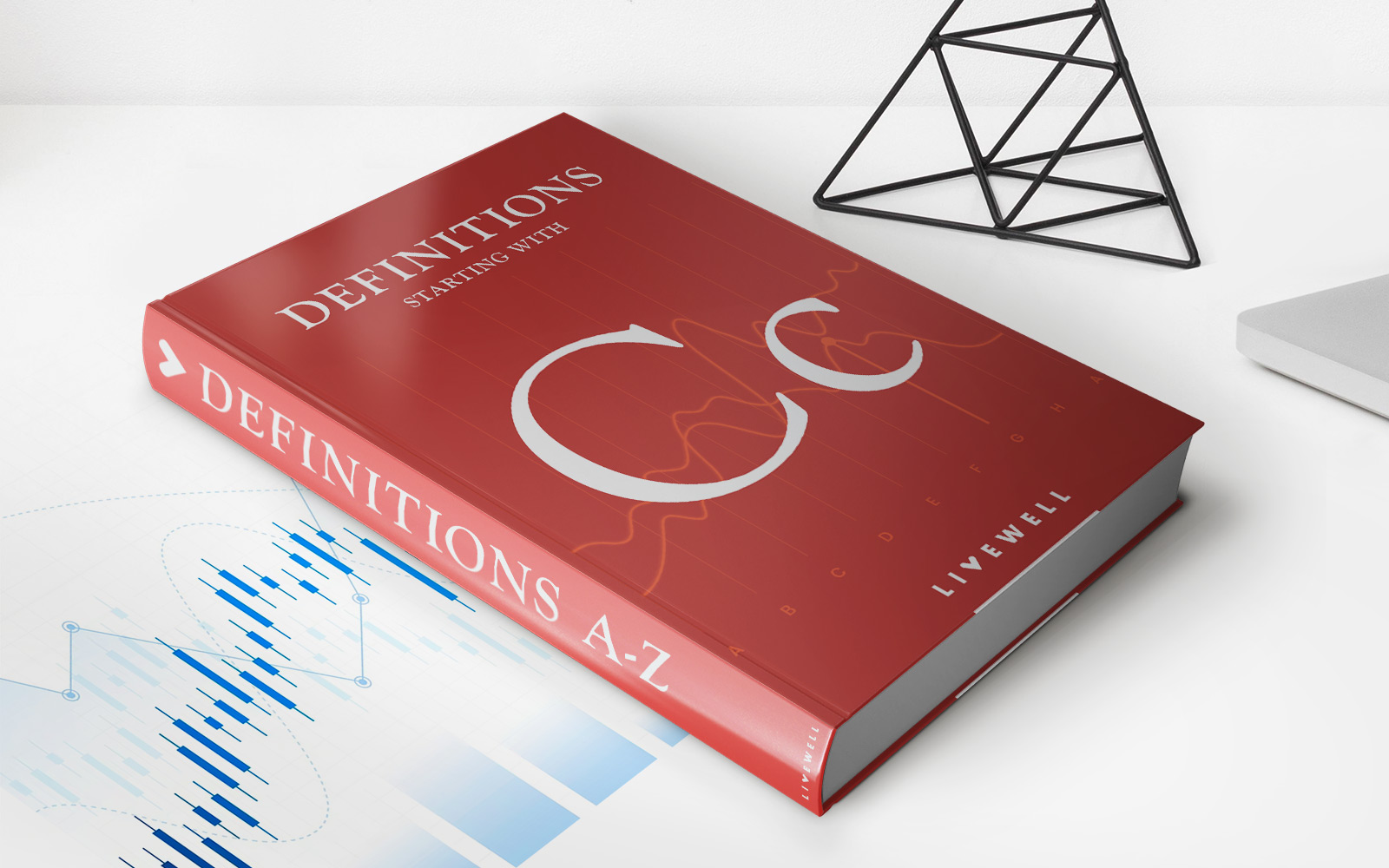Home>Finance>Personal Financial Statement: Definition, Uses, And Example
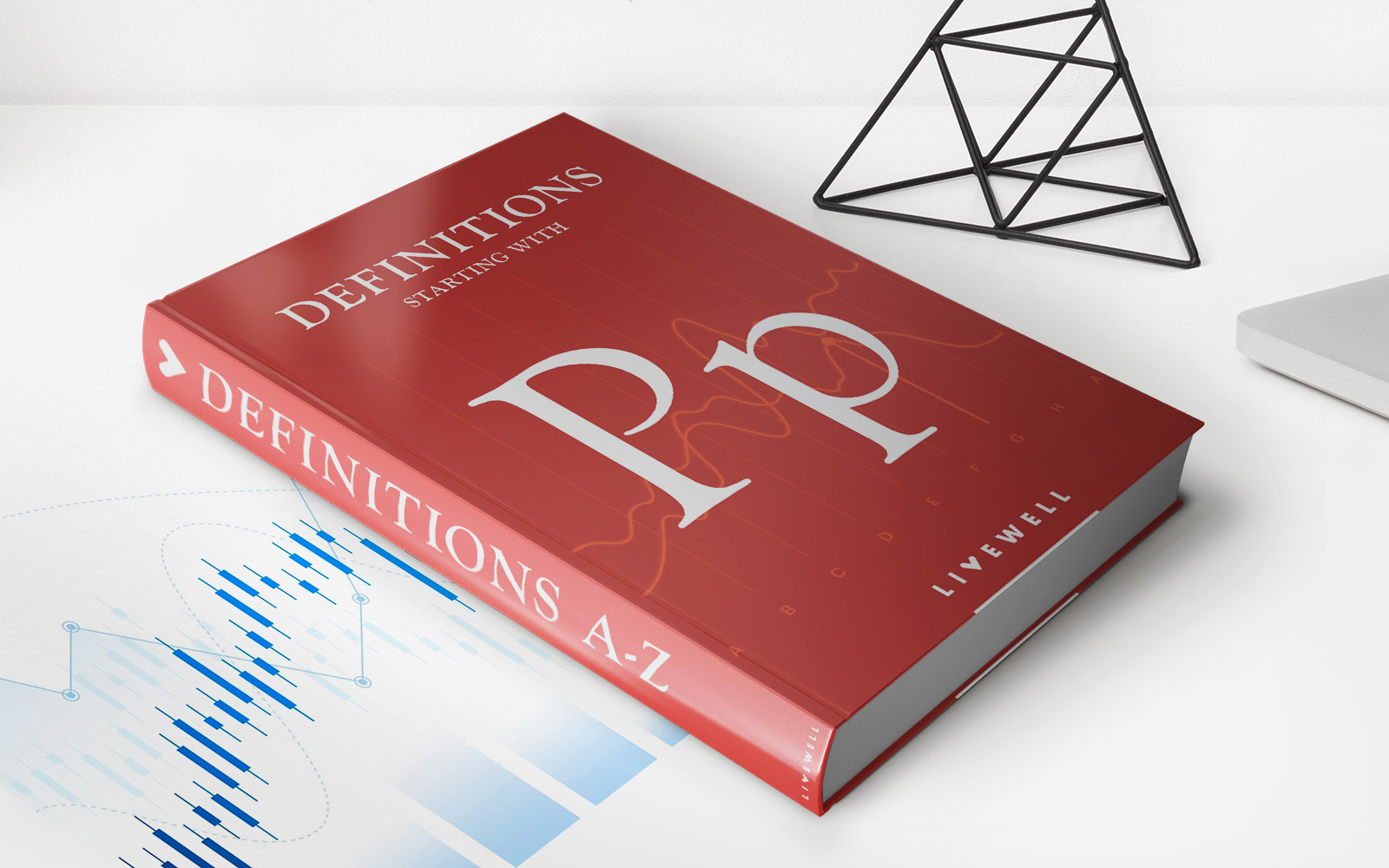

Finance
Personal Financial Statement: Definition, Uses, And Example
Published: January 7, 2024
Learn about the definition, uses, and example of a personal financial statement in the world of finance. Understand its importance and impact on your financial planning.
(Many of the links in this article redirect to a specific reviewed product. Your purchase of these products through affiliate links helps to generate commission for LiveWell, at no extra cost. Learn more)
Understanding Personal Financial Statements
When it comes to managing your finances, having a clear understanding of your financial position is essential. This is where personal financial statements come into play. In this article, we’ll explore the definition, uses, and provide an example of a personal financial statement.
Key Takeaways:
- Personal financial statements provide a snapshot of an individual’s financial position.
- These statements are useful for assessing one’s net worth, cash flow, and financial health.
A personal financial statement is a document that summarizes an individual’s financial situation, including their assets, liabilities, income, and expenses. It provides a comprehensive overview of one’s financial health and can be an invaluable tool for making informed financial decisions.
Let’s delve deeper into the various components of a personal financial statement:
Assets
Assets refer to items of financial value that an individual owns. This can include cash, savings accounts, investments, real estate, vehicles, and personal belongings. In the personal financial statement, these assets are listed at their current market value. By calculating the total value of assets, one can determine their net worth.
Liabilities
Liabilities encompass the debts and obligations that an individual owes. This can include credit card debt, mortgages, student loans, car loans, and any other outstanding debts. Similar to assets, liabilities are also listed in the personal financial statement, giving a clear picture of one’s overall financial obligations.
Income and Expenses
The personal financial statement also includes an individual’s income and expenses. Income refers to all sources of money inflow, such as salary, rental income, investments, or any other forms of income. Expenses, on the other hand, encompass all the money outflows, including rent/mortgage payments, utilities, groceries, transportation costs, and other personal expenses. By analyzing this section, one can assess their cash flow and determine if they are living within their means.
Uses of Personal Financial Statements:
- Assessing net worth: By calculating the total value of assets and subtracting liabilities, one can determine their net worth.
- Evaluating financial health: Personal financial statements provide a holistic view of an individual’s financial health, helping identify areas for improvement.
- Applying for loans: Lenders often require personal financial statements when assessing an individual’s creditworthiness.
- Planning for the future: These statements serve as a foundation for setting financial goals and creating a budget.
Example of a personal financial statement:
Let’s take a look at a simple example of a personal financial statement:
Personal Financial Statement of John Doe
- Assets:
- Cash: $10,000
- Savings Account: $20,000
- Investments: $50,000
- Real Estate: $150,000
- Total Assets: $230,000
- Liabilities:
- Mortgage: $100,000
- Student Loans: $20,000
- Credit Card Debt: $5,000
- Total Liabilities: $125,000
- Income:
- Salary: $60,000
- Rental Income: $12,000
- Total Income: $72,000
- Expenses:
- Monthly Rent/Mortgage: $1,500
- Utilities: $200
- Groceries: $400
- Transportation: $300
- Total Expenses: $2,400
In this example, John Doe’s net worth is calculated by subtracting his liabilities ($125,000) from his assets ($230,000), resulting in a net worth of $105,000. His monthly cash flow can also be determined by subtracting expenses ($2,400) from income ($6,000), resulting in a positive cash flow of $3,600.
Personal financial statements are crucial for managing your finances effectively. By regularly updating and analyzing your personal financial statement, you can gain valuable insights into your financial standing and make informed decisions to achieve your financial goals. Whether you’re applying for a loan, evaluating your financial health, or simply aiming to improve your financial well-being, personal financial statements are an essential tool in your financial toolkit.
